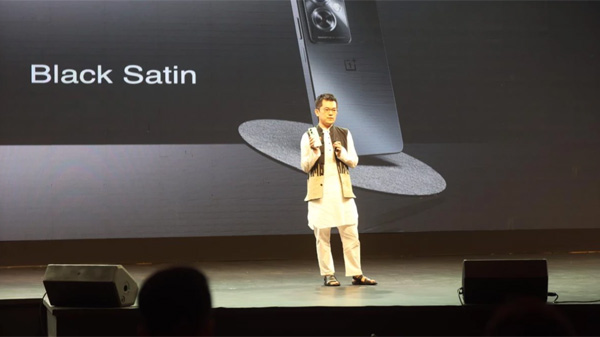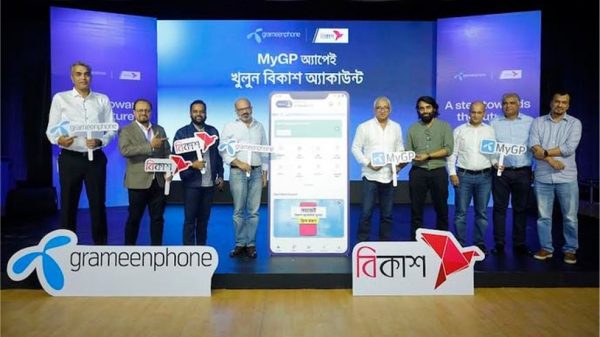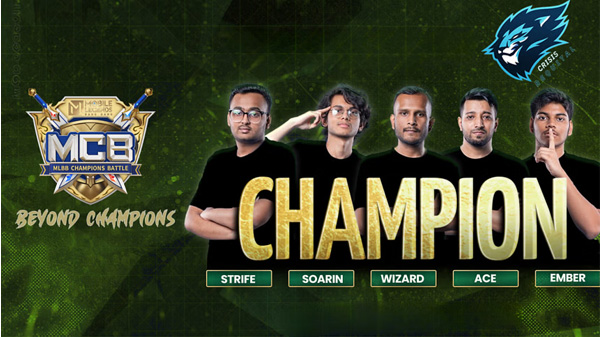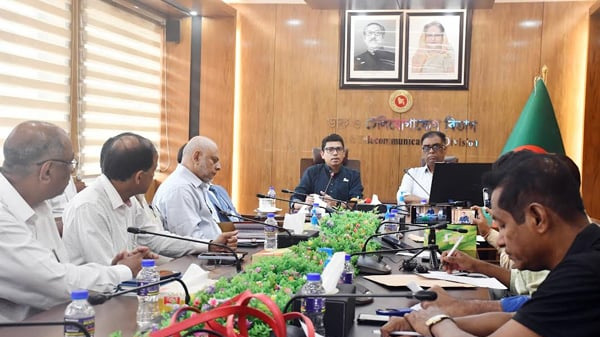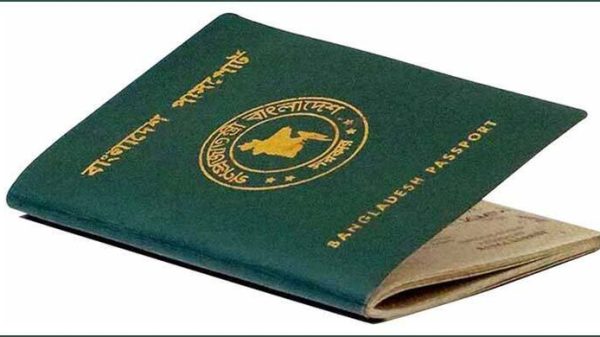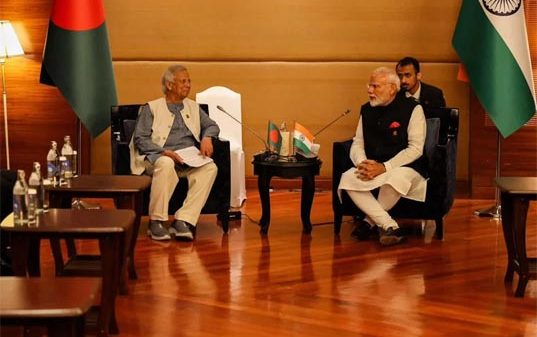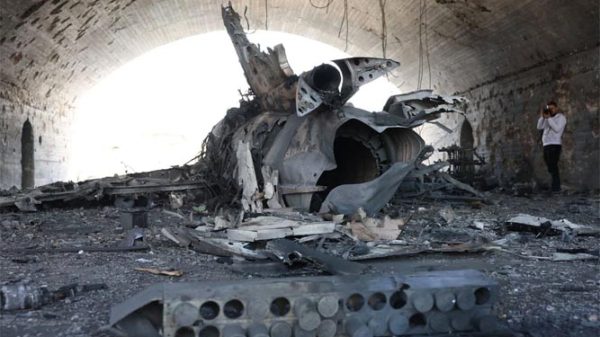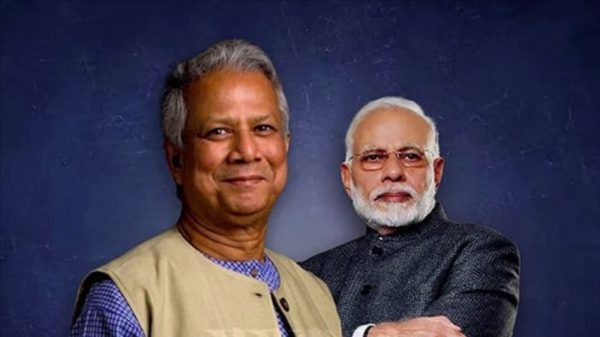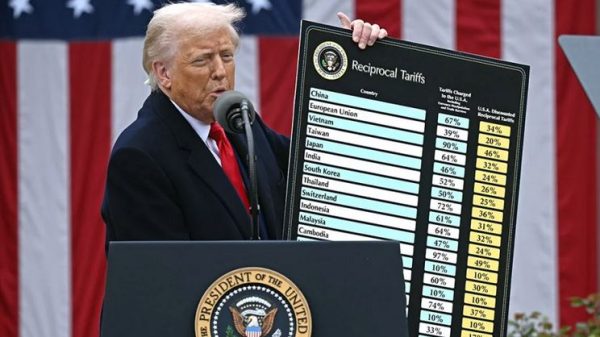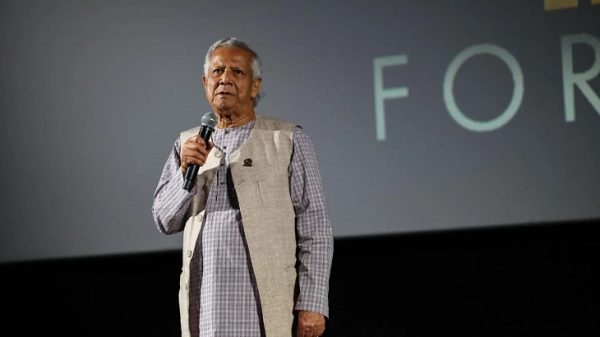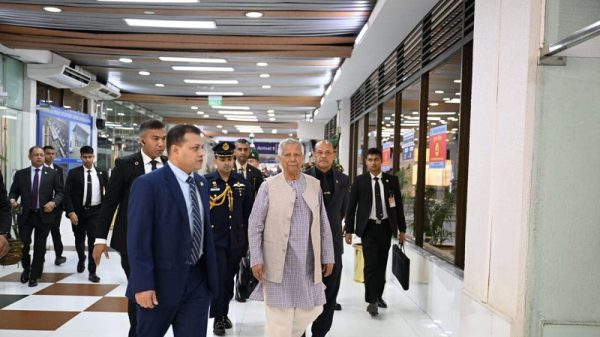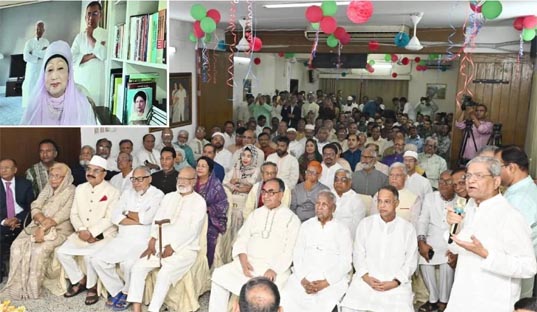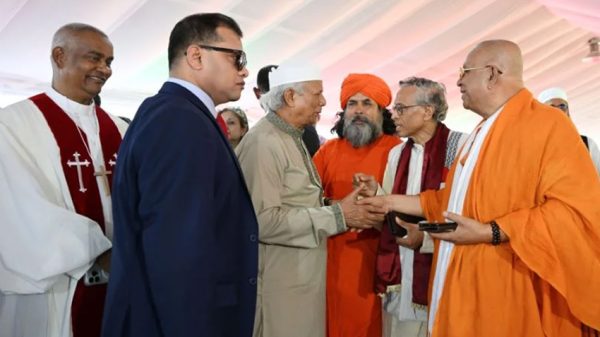Dutch conservation scientist Agnes Brokerhof receives ICCROM Award 2023

- Update Time : Saturday, 4 November, 2023, 01:05 pm
- 170 Time View
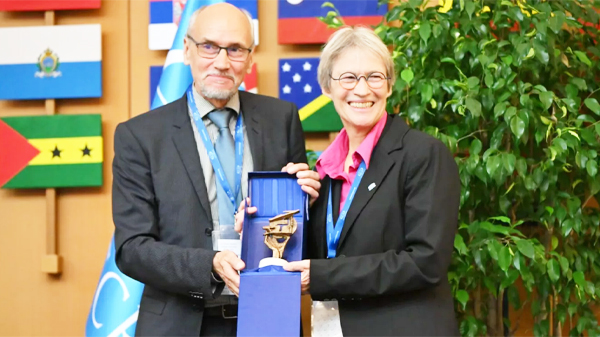
Online Desk: Agnes Brokerhof, a Dutch conservation scientist was announced the winner of this year’s ICCROM Award.
It was announced on Thursday on the sidelines of the 33rd session of the ICCROM General Assembly, held 2-3 November in Italy’s Rome, reads a media release.
This biennial Award is one of the most prestigious international recognitions in the field of cultural heritage. It is granted to individuals who have contributed significantly to ICCROM’s development or who have exceptional merit in the conservation, protection and restoration of cultural heritage.
Agnes Brokerhof, a Dutch conservation scientist and scholar, holds a BSc in biochemistry, a MSc in Analytical Chemistry, and a BA in art history. Following her research fellowship at the Commonwealth Scientific and Industrial Research Organisation (CSIRO), she completed the ICCROM course “Scientific Principles of Conservation” in Rome and currently works for the Cultural Heritage Laboratory of the Cultural Heritage Agency of the Netherlands.
Ms. Brokerhof has dedicated her career to the conservation and management of all forms of cultural heritage. The importance of her work has been recognized worldwide, as she has been invited to speak at numerous conferences and events, sharing her knowledge and skills through lectures and inspiring others in the field, in addition to her teaching, publications, and research papers.
“I am always amazed by the number of projects ICCROM carries out all over the world and the lasting impact they have, with a relatively small team in Rome. It is thanks to the ‘ICCROMized’ professionals they carefully select and tie together into a powerful network. I am proud to be a knot in that network and contribute my bit,” said Ms. Brokerhof upon receiving the award.
Ms. Brokerhof’s contributions to conservation theory, science, and practice have spanned a great diversity of heritage, from built heritage and natural sciences and humanities collections to contemporary art. The emphasis of her work lies in finding practical and cost-effective solutions for real-life problems in heritage conservation and management, developing new knowledge and methods to support heritage institutions in doing their work more effectively and efficiently.



